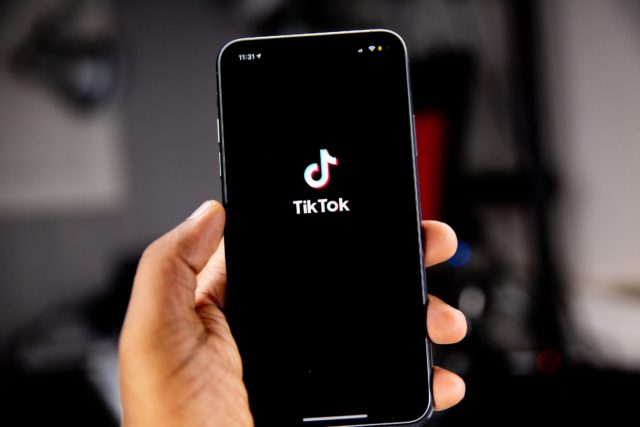Tik Tok and Self-Diagnosing
By: Michael Toohey, Psy.D. | October 1, 2021

The subject of mental health on social media platforms like Tik Tok is gaining a lot of traction with Gen Zers on their quest to better understand themselves. Tik Tok has taken off in popularity and many people are connecting with videos that explore mental health diagnoses and symptoms. Bre-Ann Slay, Psy.D., writing in psychologytoday.com, says that social media has opened many opportunities for people to connect, especially for those who feel like they don’t belong. Social media offers an outlet for people to find others like them with the same type of unique quirks.
The benefits of connecting on social media include raising awareness of disenfranchised experiences, gaining a better understanding of mental health conditions, and destigmatizing those who experience mental health struggles. The drawbacks of connecting in this way include a phenomenon known as the horoscope effect. The horoscope effect is when people read symptoms online and feel connected to it so much so that they now believe they must have that same diagnosis. There are communities of young people who take these symptoms in as their own and proclaim to have serious diagnoses that they may not actually have.
What Makes a “Disorder”?
A clinical diagnosis is very different from identifying with a Tik Tok’rs online description of a disorder. Millions of people in the world may experience mental health symptoms but do not meet the criteria for a diagnosis. As a clinician, when I consider a diagnosis, I look for “clinically significant impairment.” Clinically significant distress or impairment creates a threshold that distinguishes a disorder from a collection of symptoms. In other words, it’s possible to have symptoms that are consistent with a diagnosis/disorder but does not impact or impair their ability to function.
When I meet a client for the first time, I ask how their symptoms interfere with their daily living or hold them back from the life they want. For example, while many people may have symptoms that are consistent with ADHD (such as difficulty sustaining attention, struggling with organization and details, or being forgetful), if they do not have a negative impact on their ability to function or negatively impair their quality of functioning, then the criteria or threshold for a diagnosis of ADHD is not met.
Experiencing anxiety, depression, or deficits in social communication does not equate to having an anxiety disorder, autism spectrum disorder, or major depressive disorder. Similarly, if you have a multi-faceted personality and various interests or styles, that does not necessarily mean you have multiple personality disorder.
“What’s Wrong with Me?”
I prefer to answer that question by saying, “Nothing.” Being different (especially for teens and adolescents) can be distressing, as there is a lot of pressure to fit in. However, let’s make room for a variety of presentations! Being or feeling different doesn’t mean there’s something wrong with you (or me). Personally, I celebrate weirdness, being quirky, and awkwardness. I think these qualities are what make an individual unique to who they are.
At the same time, I think psychotherapy is a great way to learn more about oneself. Have you connected with a Tik Tok’r who has autism spectrum disorder, or one who has high functioning anxiety? If so, bring this to your therapist’s attention (and feel free to share a link to the video). Tik Tok has been providing a lot of food for thought, and therapy is a great way to explore and learn more about yourself.
Photo by Solen Feyissa on Unsplash



